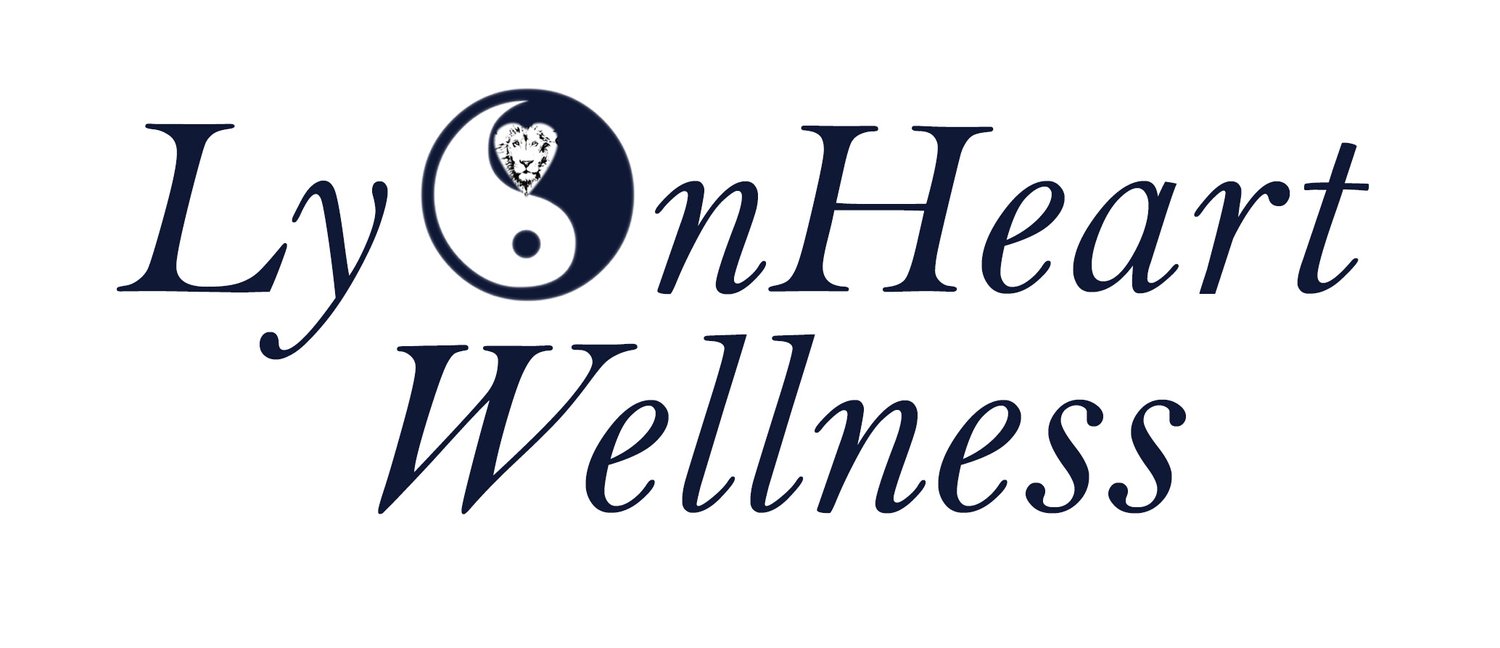New to Acupuncture? What to Expect and How to Maximize Your Treatments
If you’re new to acupuncture, congratulations on taking the first step toward natural healing! Acupuncture is an ancient healing practice rooted in Traditional Chinese Medicine (TCM) that works by balancing the flow of Qi (energy) through the body’s meridians, or energy pathways. By using thin, sterile needles, acupuncturists stimulate specific points on the body to restore harmony, alleviate pain, and promote overall wellness. To get the most out of your acupuncture treatments, it’s important to understand how the process works, how to prepare for sessions, and how to optimize your health between appointments.
How Acupuncture Works Most Effectively
Acupuncture’s effectiveness comes from stimulating your body’s natural ability to heal and regulate itself. However, it’s not usually a “one-and-done” process—acupuncture works best with consistency, especially in the beginning. The goal is to bring your body into balance, and like any healing journey, this takes time and dedication.
• Initial Frequency: When starting a course of acupuncture treatments, it’s essential to have appointments scheduled close together. For many conditions, especially chronic pain, anxiety, or digestive issues, it is recommended to come in 1-3 times per week for the first several weeks. This regularity helps to build momentum and support your body’s healing processes.
• Spacing Out Treatments: As you begin to feel improvement, your acupuncturist will gradually space out your appointments. Over time, you can transition to weekly, biweekly, or even monthly maintenance treatments. The key is to maintain the benefits and prevent the reoccurrence of imbalances.
By staying consistent with treatments, especially early on, you allow your body to “retrain” itself, reinforcing the energetic shifts that acupuncture stimulates.
How to Prepare for Your Acupuncture Sessions
Coming prepared can make your acupuncture treatment more comfortable and effective. Here are some practical tips:
1. Wear Loose Clothing: Choose clothing that allows easy access to your lower legs, arms, and abdomen. Comfortable, loose-fitting clothes are best, so your acupuncturist can access points without needing you to fully undress.
2. Stay Hydrated: Drink water before your session, as proper hydration helps facilitate the movement of Qi through your body and aids in detoxification. Avoid excessive caffeine before treatment, as it may overstimulate the nervous system.
3. Eat a Light Snack: Acupuncture affects your energy flow, so it’s important to avoid coming in on an empty stomach. Eating a light snack 1-2 hours beforehand ensures that your body has enough energy to work with during treatment but isn’t weighed down by a heavy meal.
4. Avoid Intoxication: Refrain from consuming alcohol or recreational substances before treatment. These can interfere with your body’s natural energy flow and reduce the efficacy of acupuncture.
Between Treatments: Optimizing Your Progress
The time between acupuncture sessions is crucial for your healing process. What you do in your daily life has a significant impact on the results of your treatment. To maximize the benefits, consider incorporating the following habits and practices:
1. Healthy Nutrition: Focus on a balanced, nourishing diet that supports your body’s energy levels. Avoid overly processed foods, sugar, and inflammatory ingredients, which can disrupt your body’s balance. Instead, choose whole foods rich in nutrients—fruits, vegetables, lean proteins, and healthy fats.
2. Movement and Exercise: Regular movement, such as gentle stretching, yoga, Qi Gong, or Tai Chi, supports the flow of Qi in your body. These practices can help reduce stagnation and improve circulation, both of which are vital to maintaining balance. Even light walks or regular exercise can complement acupuncture.
3. Mind-Body Practices: Qi Gong and Tai Chi are particularly effective for harmonizing your body’s energy and reducing stress. These ancient practices align with acupuncture principles, encouraging the free flow of Qi and helping you integrate the benefits of your treatment into your daily life.
4. Evaluate Your Work and Relationships: Stress is a common cause of energetic imbalances. Consider how your work environment and relationships may be affecting your overall health. Try to minimize toxic relationships or overly stressful situations where possible. Managing stress can greatly enhance the effectiveness of acupuncture.
5. Feng Shui and Environmental Factors: The energy flow in your home or workspace can impact your health. Consider Alchemical Feng Shui principles to arrange your living or working environment in a way that supports balance and well-being. Additionally, be mindful of environmental toxins such as mold, chemicals, or poor air quality, which can slow your body’s healing process.
6. Sleep and Rest: Adequate rest is vital for your body to integrate the healing effects of acupuncture. Prioritize getting enough sleep and allow yourself moments of relaxation and mindfulness throughout the day. Rest is an essential part of your body’s natural healing cycle.
7. Emotional Balance: Emotions are closely tied to your body’s Qi. Practices such as meditation, journaling, or breathing exercises can help you process emotions in a healthy way. Maintaining emotional balance will support the progress made in your acupuncture sessions.
Commit to Your Healing Journey
Acupuncture is a powerful tool for healing, but its efficacy is maximized when combined with a holistic approach to health. Be patient with the process—healing takes time, and every treatment builds upon the last. Your acupuncturist is there to guide you through this journey, offering a personalized plan to help you restore balance and vitality.
By committing to regular treatments, preparing properly, and adopting healthy lifestyle habits, you give yourself the best chance to achieve long-lasting results. Remember, the more you support your body’s energy between treatments, the faster you’ll experience profound changes in your health and well-being.
Acupuncture offers incredible potential for healing when approached with intention and consistency. Be sure to follow the guidance of your acupuncturist, and take an active role in your healing by adopting supportive practices like healthy nutrition, movement, and stress management. By aligning your lifestyle with the principles of balance and flow, you’ll create a solid foundation for achieving optimal health and wellness through acupuncture.

